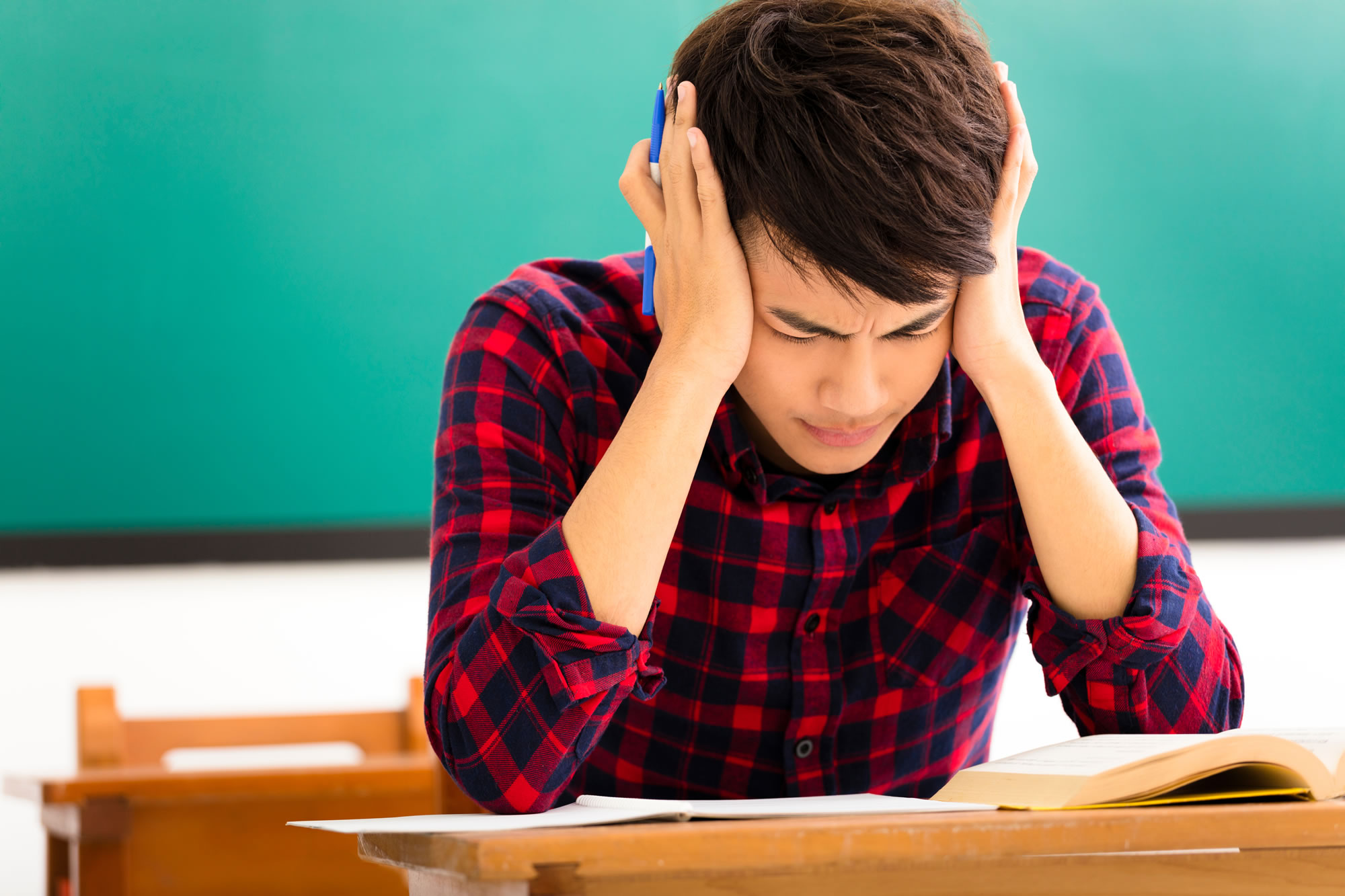A new study proves teenagers recovering from concussions or mild traumatic brain injuries may have difficulty with schoolwork until the brain fully recovers. Concussion can cause a wide range of difficulties in thinking and reasoning, including problems with memory, difficulties with language, and emotional imbalances.
239 students were medically evaluated one month after experiencing a concussion.
Of the students taking part in the study, those who had not yet recovered from their concussion reported experiencing a wide range of difficulties at school, including headaches, fatigue, and trouble concentrating. Almost ninety percent reported that their concussion symptoms were interfering with their life at school.
What should parents do if their child suffers a concussion?
According to Jefferey Mjaanes, M.D., Director of the Chicago Sports Concussion Clinic, following proper concussion treatment guidelines can mean the difference between recovering in just weeks, or taking several months.
- Physical Rest – After a concussion, limit activity and make sure your child gets lots of rest and sleep until symptoms resolve.
- Mental Rest – Your child should avoid electronic devices, phones, games, TV or computers until symptoms improve.
- Monitor Symptoms – Listen to your child and respond to anything that appears to worsen his or her symptoms.
Read Slater Vecchio’s previous post, Parent’s Guide: Youth Sports Concussions, for more information.
For more information
- Concussions and the Classroom, The New York Times







